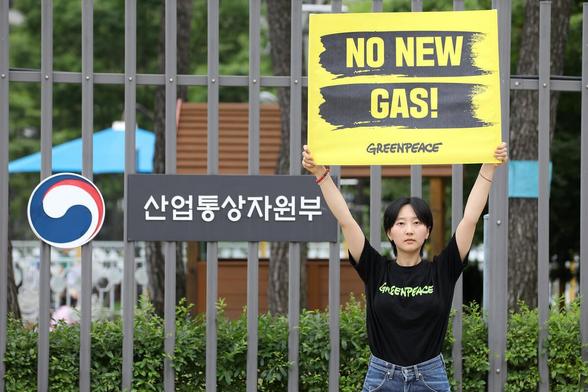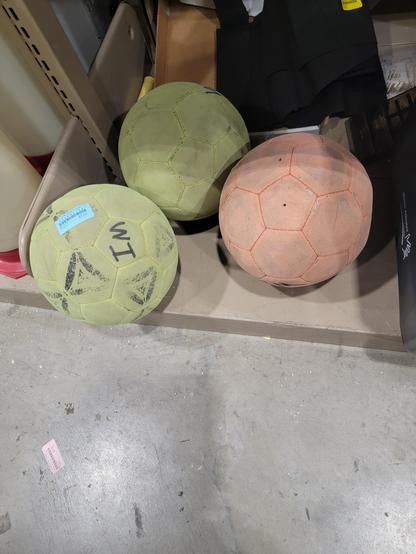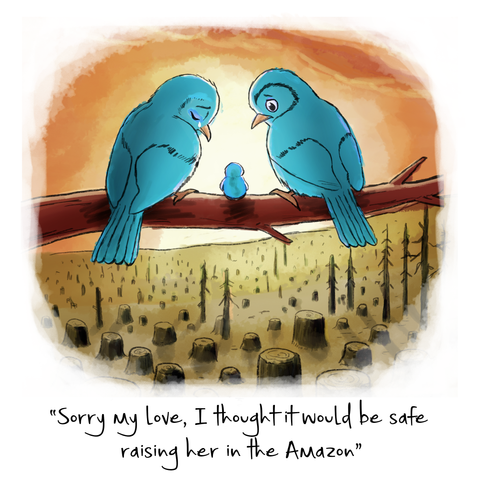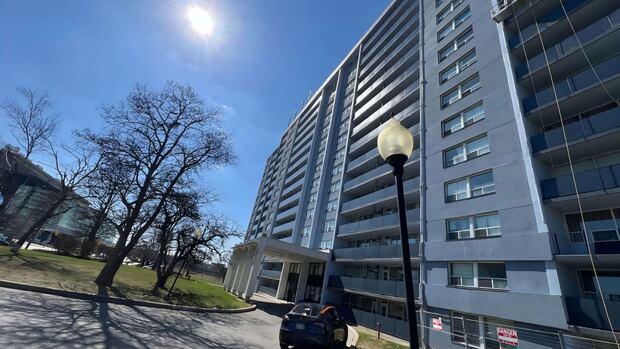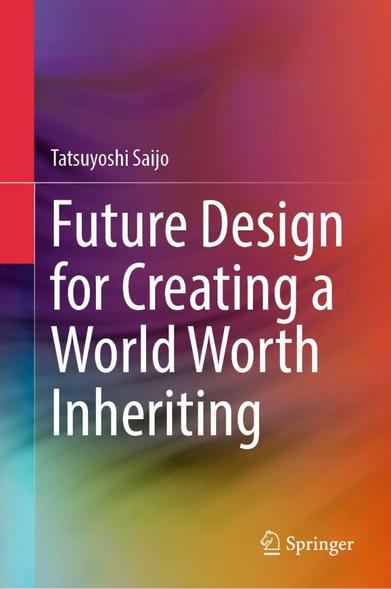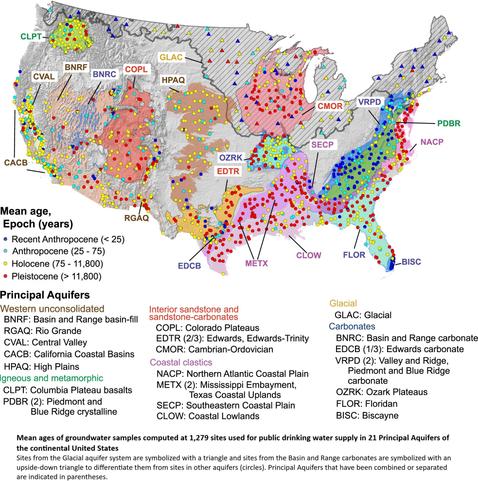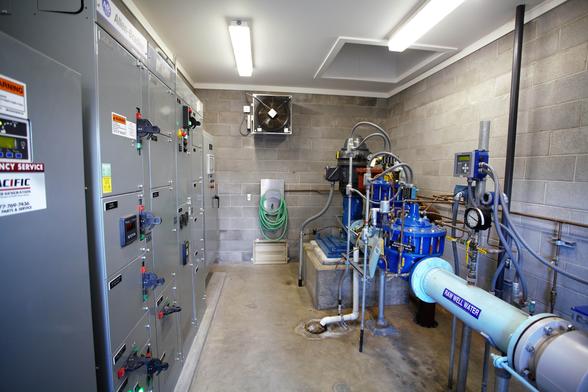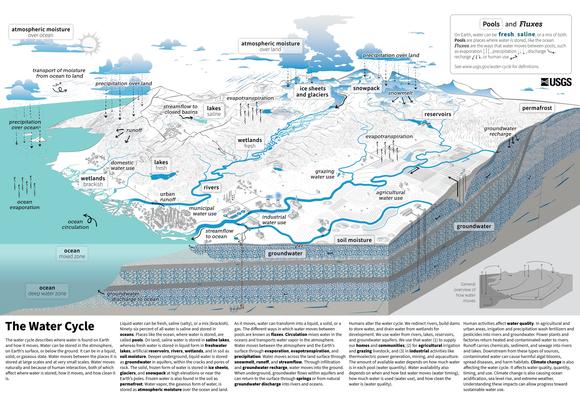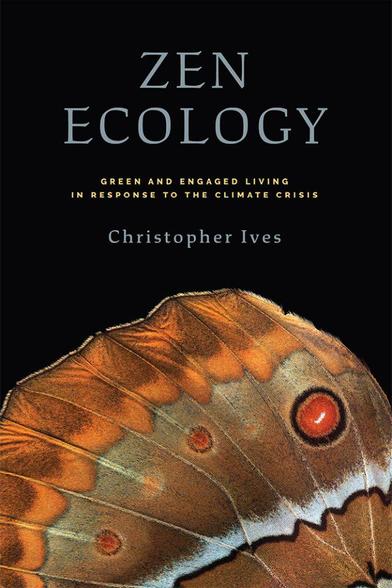Come visit us this weekend! Here are some items you will find. Our presence on this platform could use a boost from you! TIA! #MNastadon #ReUse #Sustainability #Thrifting #Degrowth
Recent searches
Search options
#sustainability
#sustainability #ecology #nature #activism
'Join the Less Lawn, More Life 12-week challenge, a free online program to transform your lawn into an improved outdoor space and better habitat for birds, butterflies, and other beneficial insects.
Hosted by Plan it Wild in collaboration with 11 organizations (including Wild Ones, where I’m a member), Less Lawn, More Life launches May 1, 2025.'
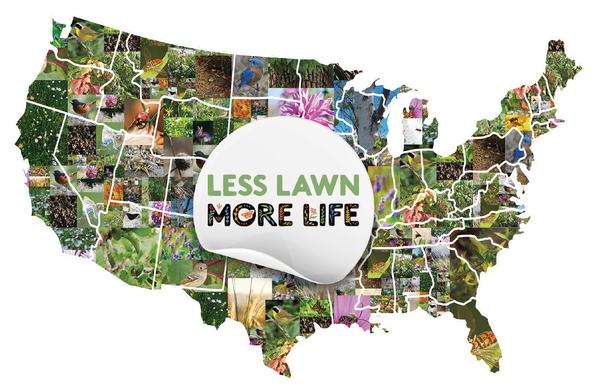
ICYMI:
How does previously wasted water become clean drinking water? At the Orange County Water District, Dr. Megan Plumlee directs a groundwater replenishment system that provides 85% of local drinking #water for 2.5 million people.
Mission Unstoppable takes us behind the scenes where Plumlee, first inspired by her childhood microscope, now leads research scientists using advanced purification methods that require less energy than importing water from hundreds of miles away.
Learn more: https://zurl.co/Ib340
Food Tank’s Weekly News Roundup: Aid Cuts, COP30 Momentum, and Bailouts for Farmers https://foodtank.com/news/2025/05/aid-cuts-cop-momentum-and-bailouts-for-farmers/
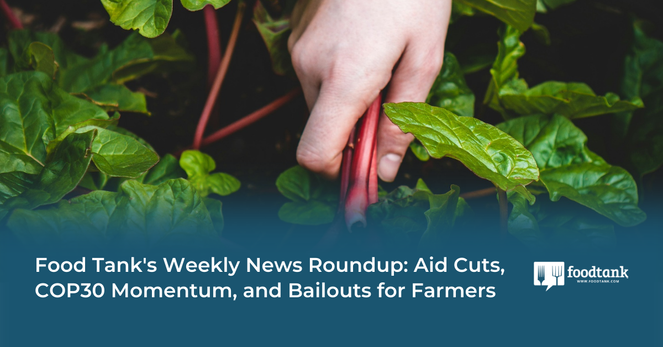
17% of the Amazon rainforest is already gone. More than 10,000 species of animals and plants are at risk.
The Amazon is the largest and most important ecosystem on Earth, but it is disappearing quickly. As it vanishes, the planet loses a vital force that helps regulate climate and weather, putting all life at risk.
We can’t let this continue. It’s time to demand action.
Sign the petition now → https://act.gp/42w7CQc
Renters want to go green too. Why your landlord may not invest — and what you can do
In this week's issue of our environmental newsletter, we learn why landlords might not be investing in making buildings greener, and what tenants can do; follow a huge migration in the world of art an activism; and find out why fur may be making a comeback, thanks in part ...
#rent #landlord #environment #sustainability #News #Science
https://www.cbc.ca/news/science/what-on-earth-green-renters-1.7523855?cmp=rss
Future Design for Creating a World Worth Inheriting by Tatsuyoshi Saijo, 2025
Our world stands at a critical crossroads. While world leaders wage wars and pursue aggression, humanity faces mounting "future failures" - burdens we're leaving for generations yet unborn.
Charge Up Australia
Great Australian Pods Podcast Directory: https://www.greataustralianpods.com/charge-up-australia/
Over A Third Of Groundwater In USA Public-Supply Aquifers Is Anthropocene[sic]-Age And Susceptible To Surface Contamination
--
https://doi.org/10.1038/s43247-022-00473-y <-- shared paper
--
#GIS #spatial #mapping #surface #contamination #USA #waterquality #waterresources #groundwater #publicsupply #Anthropocene #potable #waterwell #municipal #watersupply #residential #age #aquifers #regional #landsurface #contamination #spatialanalysis #spatiotemporal #holocene #publicsafety #pumping #sustainability
#stem #science #earth #environment #sustainability #waste #spiffy
Cheap cornstarch sanitary pads may be able to pull the string on a new period of avoiding tons of ocean plastics
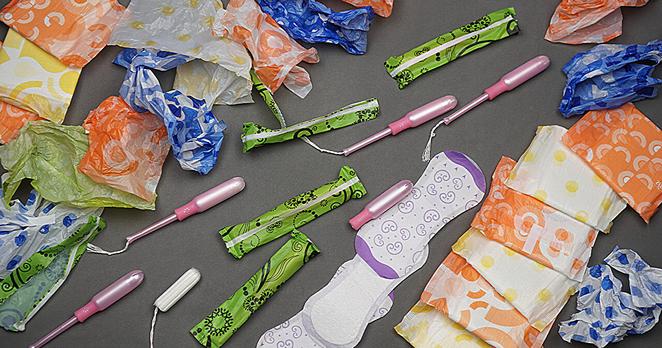
Urbanism Now #15 is out! This week:
Compare global mobility habits w/ Cities Moving
Debating China's ubiquitous red signs
Seattle housing: Data urges smarter density near transit
Inclusive transit boosts seniors' health & connection
Rethinking sustainability beyond colonial bias
VA mandates speed tech for high-speed offenders
Read the full newsletter now:
https://urbanismnow.substack.com/p/15-visualizing-cities-mobility-red
How does previously wasted water become clean drinking water? At the Orange County Water District, Dr. Megan Plumlee directs a groundwater replenishment system that provides 85% of local drinking #water for 2.5 million people.
Mission Unstoppable takes us behind the scenes where Plumlee, first inspired by her childhood microscope, now leads research scientists using advanced purification methods that require less energy than importing water from hundreds of miles away.
Learn more: https://zurl.co/Ib340
Transforming Health Through Food: The Role of Education, Access, and Environment https://foodtank.com/news/2025/05/transforming-health-through-food-the-role-of-education-access-and-environment/
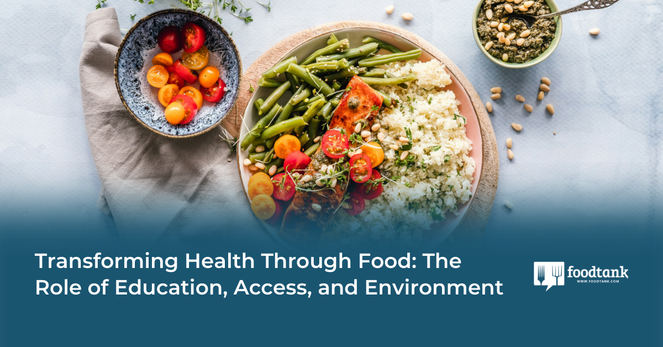
for many decades digital gadgets were subject to "exponential" technology improvements that complicated the argument for long term use.
This is no longer the case.
Now the churn is purely a psychological consumption game, trying to turn these tools into "apparel" and fashion.
But there is another strong ally in the fight against #plannedobsolescence (besides #sustainability ):
People also like to learn and grow with their tools. Worn shoes are more comfortable than new ones.
That piece on ethics of immigration was an interesting read. I was going to post some thoughts there, but they ended up long, so I'll post them here instead:
In a finite world, this gets inevitably tangled in the politics of reproduction and overpopulation. Some seek to tactically out-reproduce as a way of politically dominating, or to fear that others will, but even more basically, if we ignore such factions and stick to sheer numbers: We can be fruitful and multiply only to a point in a finite world. At some point, multiplying isn't fruitful but exhausts all fruit.
And so when people move around in a sparse world, there there may be more capacity to absorb them than in a dense one, regardless of how you define words like sparse and dense and capacity. And, of course, density is distributed unevenly. Certain standards of living or ways of living will not support more than a certain number of people. So questions arise as to whether it's the right of a people or a region to have any such standard or way of living.
Without a theory of why people would taper off reproduction as the world becomes crowded, the politics of immigration becomes tethered to the politics of reproduction. Birth itself is a kind of immigration, and sometimes people who want to taper immigration seem to nonetheless want to encourage birth, without seeing or acknowledging that each of these increases population density and strain on finite resources. In an "empty" world, the risk is of having too few people, and both birth and immigration seem obvious opportunities to mitigate risk. In a "full" world, the risk is of having too many people, and both birth and immigration seem points of concern and opportunities for risk to attach.
Of course, density is not distributed evenly in the world, so these concepts apply differently in different places, but it simplifies discussion to keep things simple. To have a coherent ethics on this, one must know where one is in the empty/full spectrum. And, of course, all gets even more complicated if one realizes that people will inevitably overlay race, religion, wealth, or nationality, but the essential problems are best seen if you hold those at bay long enough to understand it is not really possible to ignore overpopulation as a core driver of the stress. In some sense, those other factors just create ways of magnifying, partitioning, and sadly scapegoating that stress.
Discussions of both reproduction and immigration are intrinsically difficult because they get quickly into issues of how we may fairly distribute finite resources in an ever more crowded world as cultures with very different and deeply held practices and expectations come ever more inevitably into contact and, too often, conflict with one another. Achieving any sense of fairness can be a nontrivial task because each is starting from a different place and there is often no commonly agreed starting point for what can be expected to be fixed and what must be up for negotiation. It probably have to start with everyone agreeing there's a real problem and that we all need to be equitably involved in a solution, but I sense there's a lot of denial on both of these points.
Archdaily : 0 Club Coworking Space / DDAA https://www.archdaily.com/1029688/0-club-coworking-space-ddaa #OfficesInteriors #InteriorDesign #Sustainability

Zen Ecology by Christopher Ives
Discover a way of living that can help you slow down and stay grounded—and at the same time reduce your ecological impact and engage more fully with the climate crisis.
Europe’s biggest blackout made me confront my dependence on tech - Unprecedented power cuts swept across Portugal, Spain, and parts of France on Mond... - https://thenextweb.com/news/europes-biggest-blackout-made-me-confront-my-dependence-on-tech #governmentandpolicy #sustainability #nextfeatured

Archdaily : House of the 7 Trees / Hersen Mendes Arquitetura https://www.archdaily.com/1029676/house-of-the-7-trees-hersen-mendes-arquitetura #ResidentialArchitecture #Sustainability #Houses

From @greenpeace on the "Blue Bird"
Today, #AI companions are increasingly common, often stepping in as substitutes for real partners. But what are the hidden environmental costs of this trend?
